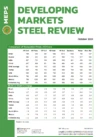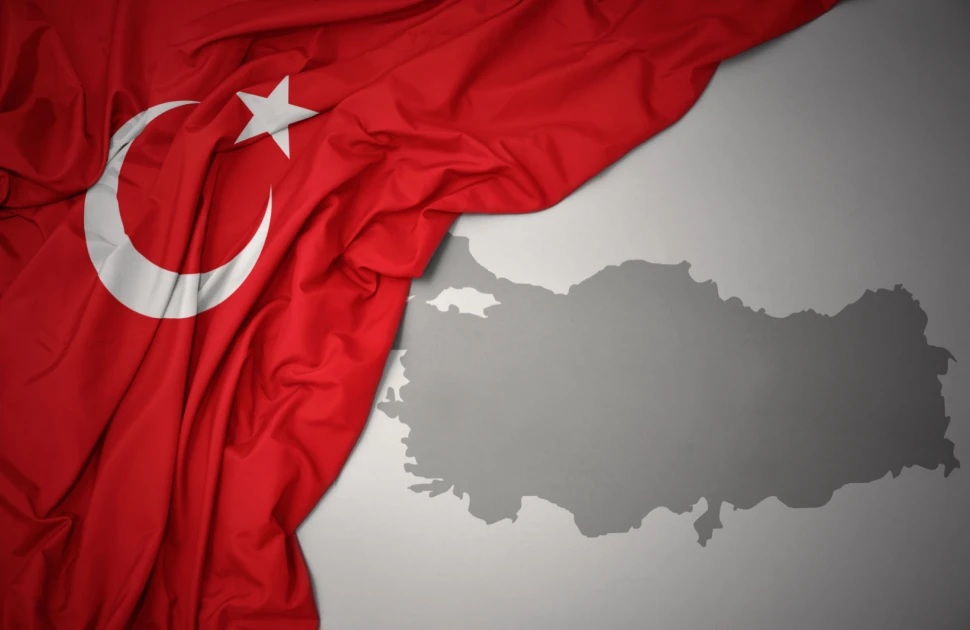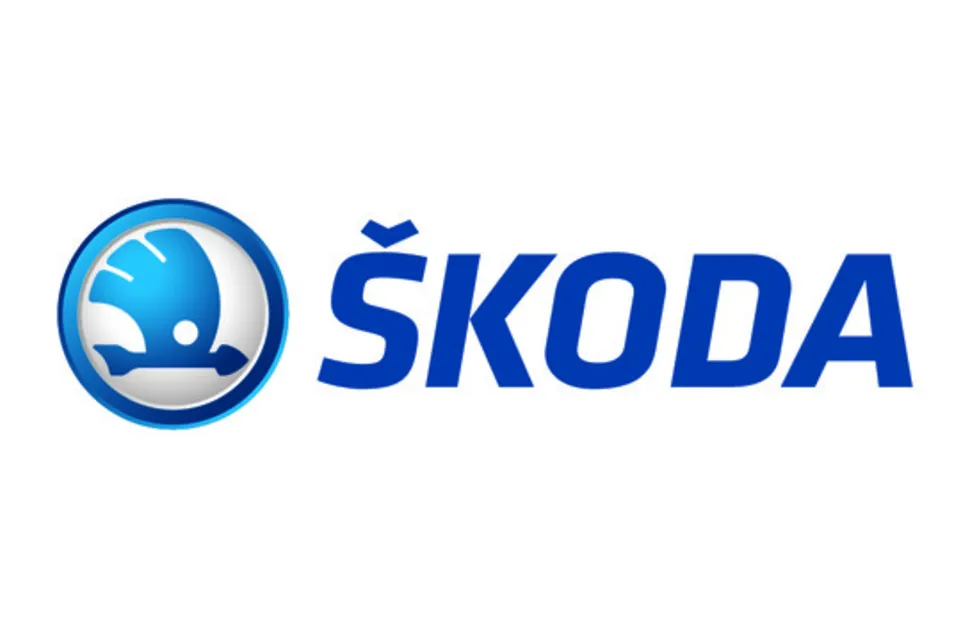Turkey restricts steel exports until Israeli ceasefire
The Turkish Government’s Ministry of Trade has announced that steel exports to Israel will be restricted until the country commits to a ceasefire in Gaza.
Steel is among 54 product groups which will be affected by measures which come into force today (April 9) and will only end when a ceasefire commences and the “unhindered” flow of humanitarian aid into Gaza is permitted, the Ministry said.
Iron, marble, steel, cement, aluminium, brick, fertiliser, construction equipment and products and aviation fuel are among the affected Turkish exports.
The Reuters news agency reported that Turkey’s action was prompted by Israel’s recent refusal to allow the country to take part in a recent aid air drop operation.
Important export destination
MEPS analysis showed that Turkey’s steel exports to Israel peaked in 2021, when 1.8 million tonnes of material was exported to the country. In 2023, steel exports to Israel were down by % on that peak figure, at 1.15m tonnes.
Rebar accounts for the vast majority of Israel’s steel imports from Turkey. In 2021, 1.18m tonnes of rebar entered Israel from Turkey. By 2023, rebar exports had declined 38.3% to 728,362 tonnes in 2023, however.
Year-to-date to the end of February, Turkey had exported 90,788 tonnes of steel to Israel, 50,051 tonnes of which was rebar.
MEPS International steel market analyst Jonathan Carruthers-Green said: “Turkish steel producers can't be happy with this situation. The country is one of the world’s largest exporters of steel products, and Israel is the single largest destination country for Turkish material.
“With Turkish steel mills so reliant on exports to prop up their order books, this announcement will add significant pressure to producers already facing falling domestic demand caused by the country's ongoing economic problems.”
In the March edition of its Developing Markets Steel Review, MEPS reported that Turkey’s steel market is currently subdued.
Subdued domestic steel market
At the time, many end-users were planning to abstain from forward orders until after the result of Turkey’s March 31 local elections, the outcome of which saw the main opposition to President Recep Tayyip Erdoğan’s leadership – the Republican People's Party (CHP) – maintain control of several of the country’s major cities, including the capital Ankara and Istanbul.
“Domestic suppliers, which are already operating at a reduced production capacity, are under pressure to offer additional discounts to secure the sale of their April and May production campaigns”, the MEPS review stated.
“Many independent steel traders are operating limited trading hours during the festival of Ramadan (ending April 9). These businesses are unwilling to commit to forward orders until after that date.”

Source:
Developing Markets Steel Review
The MEPS Developing Markets Steel Review is an informative and concise monthly guide to carbon steel prices in important emerging markets around the world.
Go to productRequest a free publication






